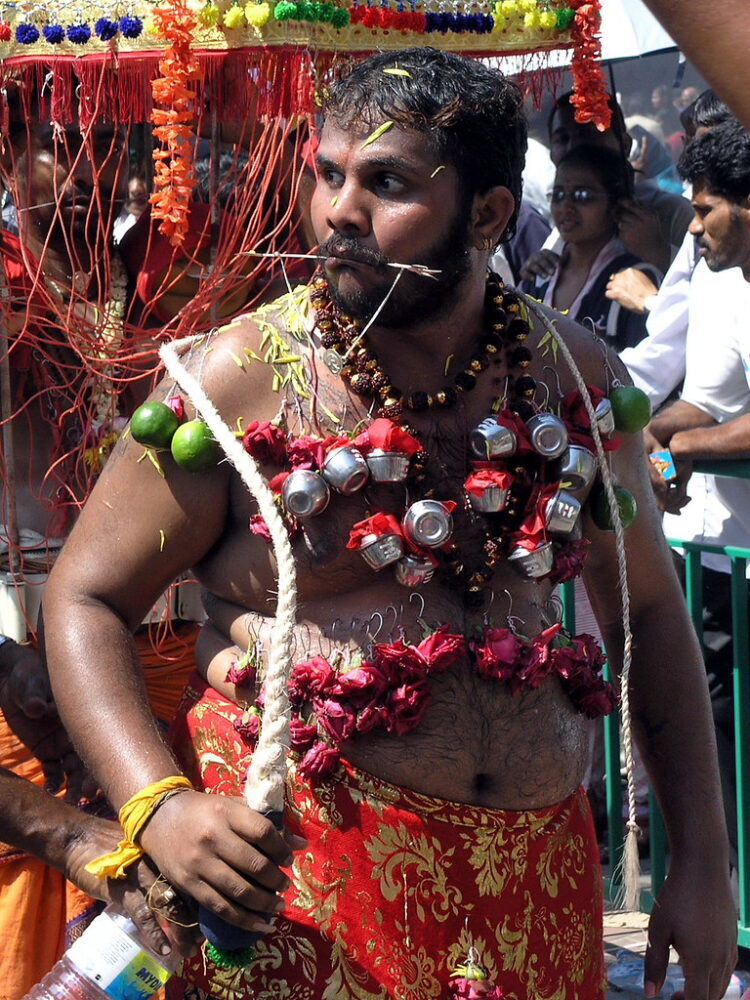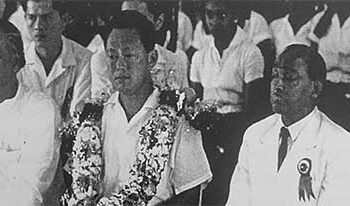Karl Singarvelan Raha
Superstitions originated with the beginning of the concepts of God and religion. When humans saw different faces on rocks, clouds, and trees, they started having delusional conversations with these entities, pretending that something was communicating with them. When the priest class entered society, along with the growing commodification of people, they exploited many resources, people, and minds. This instilled a lot of fear among the people, which took many years for them to overcome.
The freedom we have achieved now is the result of the sacrifices of many great thinkers like Socrates, Plato, Epicurus, Buddha, Bruno, Nicolaus Copernicus, Darwin, Thomas Paine, Karl Marx, Periyar, Ambedkar, and many more.
Ancient India scenario-
There is a saying that one of the biggest revolutions was the translation of the Bible. Originally in Aramaic or Hebrew, many priests misused its verses for selfish ends. In India, for centuries, lay people were forbidden from reading, writing, or listening to Sanskrit verses under severe penalties (Manu Smriti, Verse 8.270, 8.271). Sitting next to a Brahmin priest was considered a major crime, punishable by having one’s buttocks cut off (Manusmriti Verse 8.281). This is where a layman couldn’t read and question the authorities.
India experienced an ideological revolution and counter-revolution, as noted by Dr. Ambedkar. Buddhism emerged as a revolution against Vedic society, the Varna system, and Brahmin dominance. Many, especially Shudras, converted to Buddhism under Ashoka’s teachings which promoted rational thinking, gender equality, and rejecting superstitions.
Ancient India thrived with studies in architecture, medicine, sciences, law, and logic in Buddhist universities like Takshashila, Nalanda, and others. Buddhism promoted rational education and scientific thinking. In contrast, Vedic universities focused on religious texts and Puranas. Despite this, most Hindus claim Buddhism as part of Hinduism, though only a few concepts align, the rest don’t even match to a bit.
The ugly counter-revolution began with Pushyamitra Shunga, who killed Brihadartha Maurya and reintroduced sacrifices and Yajnas. Brahmins gained power, and strict laws marginalized the Shudra community. This period saw the destruction of Buddhist monks and Stupas. During the Gupta period, Buddhism declined due to the influence of Tantrism, losing its rationalist foundation. Hindu Scriptures began to advocate killing those who questioned authority. Thus after counter revolution there was no more renaissance in Hinduism. Later it turned out to be more fundamental. Thus, Superstitions arose after counter revolution.
I am thankful to the British-
We should approach history pragmatically, not patriotically or nationalistically. While the British exploited India and ruled oppressively, they also brought significant social reforms. They banned practices like Sati, slavery, and child marriage, and promoted science education, widow remarriage, women’s schools, and English education . However, later reforms focused more on political and revenue development than social reform. British played key role in suppressing many reforms.
Well, India, got its independence . Even till date there are many superstitions practiced by many.
Superstitions- Astrology, tarot, numerology, sacrifices, lemons and chilies, Vaastu, auspicious days, and believing in magic are still prevalent in India and among the Indian diasporas.
Astrology evolved from Mesopotamia around 1800 BCE, but in India, Jyotish Shastra (astrology) evolved after the Aryan migration. With new trades and invasions, cultural amalgamation occurred, influencing the various forms of astrology in India. Now, there are many astrology courses attempting to be classified as science courses. However, science is quantifiable, qualitative, and must be proven. When we pose the same questions to astrologers or believers, they either remain silent or threaten us. This can be a threat, as many people are choosing to avoid natural births due to what they perceive as inauspicious times, leading to the death of babies and mothers. It’s worth noting that in 2021, 259 babies were born per minute. So, why is it that only individuals like Rajinikanth, AR Rahman, Beethoven, and Venkatraman Krishnan have achieved success in their fields? What sets them apart from others born at the same time and date? I believe one’s goals and ambitions and actions would make persons what they are.
Numerology suggests that changing one’s name, even in English, can supposedly alter destiny. However, what about the power of letters in other languages? Does changing them hold the same significance? For example, a Tamil man named Rajan living in Singapore consults a numerologist and changes his name to “Rajann.” Does this transformation only apply to English letters, ignoring other languages(Tamil, Chinese and Malay)?
Vaastu is another superstition that claims a particular house must align with a specific direction for prosperity and to appease certain horoscopes. This belief is so deeply prevalent that a perfect vaastu house can cost up to $50,000 per month, whereas in the United States, it’s typically $5,000. How is it that people in other happier countries lead such happy lives without Vaastu or other superstitions whereas India is considered one of the least happy countries. Every house must have proper ventilation, sunlight, water and other amenities.
Auspicious days: Some say 10 is a lucky number, but Osama Bin Laden was born on that day. Some say 13 is an unlucky number, but Margaret Thatcher was born on that day. So, what determines luck? Why do we impose these beliefs on someone’s fate? Every day is a our day. On what basis a day is called auspicious or unlucky with combination of some events which are recorded? What about unrecorded events?
Educated Fools- Nowadays, many have their degrees, so astrologers and proponents of superstitions are trying to add science to prove their beliefs as real instead of mere superstition. For instance, they claim that lemons and chilies are insect repellents, but simply hanging them on a door does not act as a repellent; the lemon must be cut into halves, and the chilies must be used as a spray. Basic science from primary school is enough to debunk many superstitions. Since many of us are not using our rationality, magicians are able to fool us easily.
There was an incident of black magic and sacrifices in Madanapalle, Andhra Pradesh, where PhD professors killed their daughters. This highlights the state of our education system, where we focus on memorizing and passing exams, thus losing the rationality of our minds and becoming slaves to cult gurus and religious superstitions. It seems that the educated are turning into slaves of superstitions. In countries like the USA, UK, and Australia, there are many astrology centers fooling people, and many pay hefty amounts for peace ceremonies. They cannot understand how the movements of other planets can affect a single person on Earth. I feel that uneducated people are more rational now and are moving away from superstitions.
Conclusion- India has made significant progress in the fields of science and technology, but we still carry our superstitions to different countries and try to blend them with science. As Periyar and Ambedkar said, “Indians would carry their superstitions and caste system even to the moon.” All Indians must free themselves from these superstitions by adopting rational and scientific thinking. Eventually, superstitions will come to an end, and India will be free from societal constraints.
Article 51A(h) of the Indian Constitution lists “to develop the scientific temper, humanism and the spirit of inquiry and reform” as a fundamental duty for every Indian citizen. Once we remember this in our lives, we will eliminate unnecessary superstitions and be free individuals.









